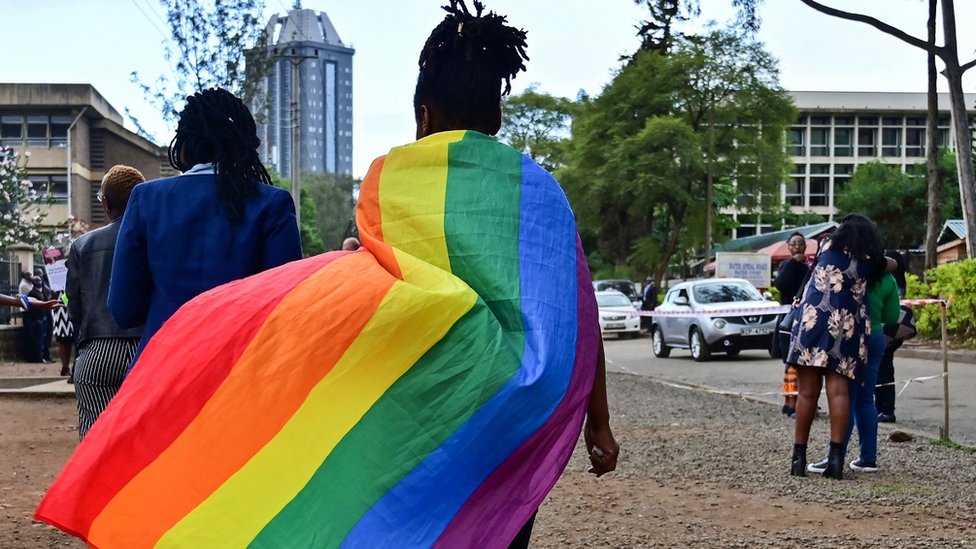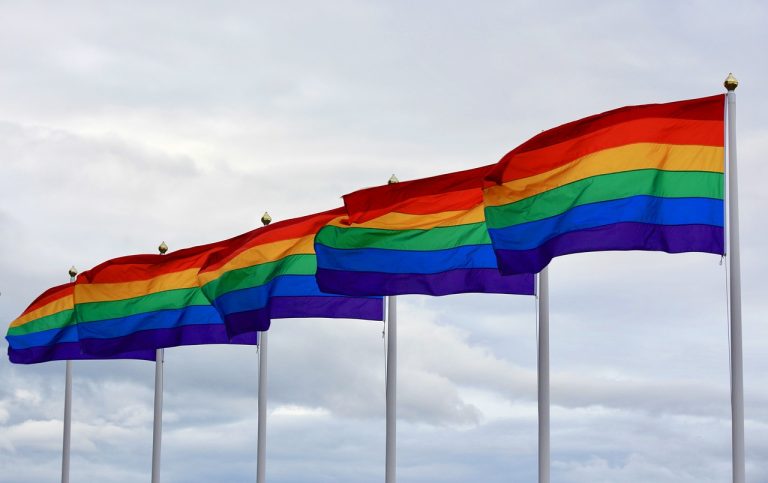A proposed anti-gay law in Kenya could cost the country up to $7.8 billion annually, according to a report released Wednesday by Open for Business, a Britain-based charity that assesses the economic impact of LGBTQ discrimination in East Africa.
The report found that Kenya, Tanzania, Uganda, and Rwanda are already losing up to $5 billion per year due to anti-LGBTQ policies and societal discrimination.
Although gay sex remains illegal in Kenya under a colonial-era law, enforcement is rare, and the country has served as a relative haven for LGBTQ individuals in the region. However, increasing stigma and discrimination—driven by religious leaders and populist politicians—have heightened tensions.
A proposed Family Protection Bill in Kenya seeks to impose severe penalties, including up to 50 years in prison for same-sex relations. Though the bill has not yet been debated in parliament, its economic consequences could be severe.
According to Open for Business, “the law could increase costs to Kenya by between $2.7 billion and $7.8 billion annually” due to factors such as reduced World Bank funding, declining foreign direct investment and tourism, and higher healthcare costs stemming from depression and disparities in HIV treatment.

The report further estimated that discrimination against LGBTQ individuals is already costing Kenya between $360 million and $1.5 billion per year.
Uganda, which passed the controversial Anti-Homosexuality Act in 2023—one of the world’s strictest anti-gay laws—has already suffered significant economic losses. The World Bank suspended funding to Uganda following the law’s enactment, and Open for Business estimates that the country is losing between $586 million and $2.4 billion per year due to its anti-LGBTQ policies.
Tanzania, another country with strict anti-gay laws, is estimated to be losing up to $1.1 billion annually, while Rwanda—one of the region’s least discriminatory nations—is still losing up to $45 million per year due to LGBTQ-related discrimination.
“Anti-LGBTQ+ laws harm a country’s investment prospects, damage their global reputation and prevent business from attracting the very best in global talent,” said Open for Business chairman Dominic Arnall in the report.
“We hope the report will provide leaders from business, civil society and government with the evidence they need to make their own case for inclusion, not just for LGBTQ+ populations who are in urgent need of respite, but for all East Africans who deserve a bright and prosperous future,” he said.


